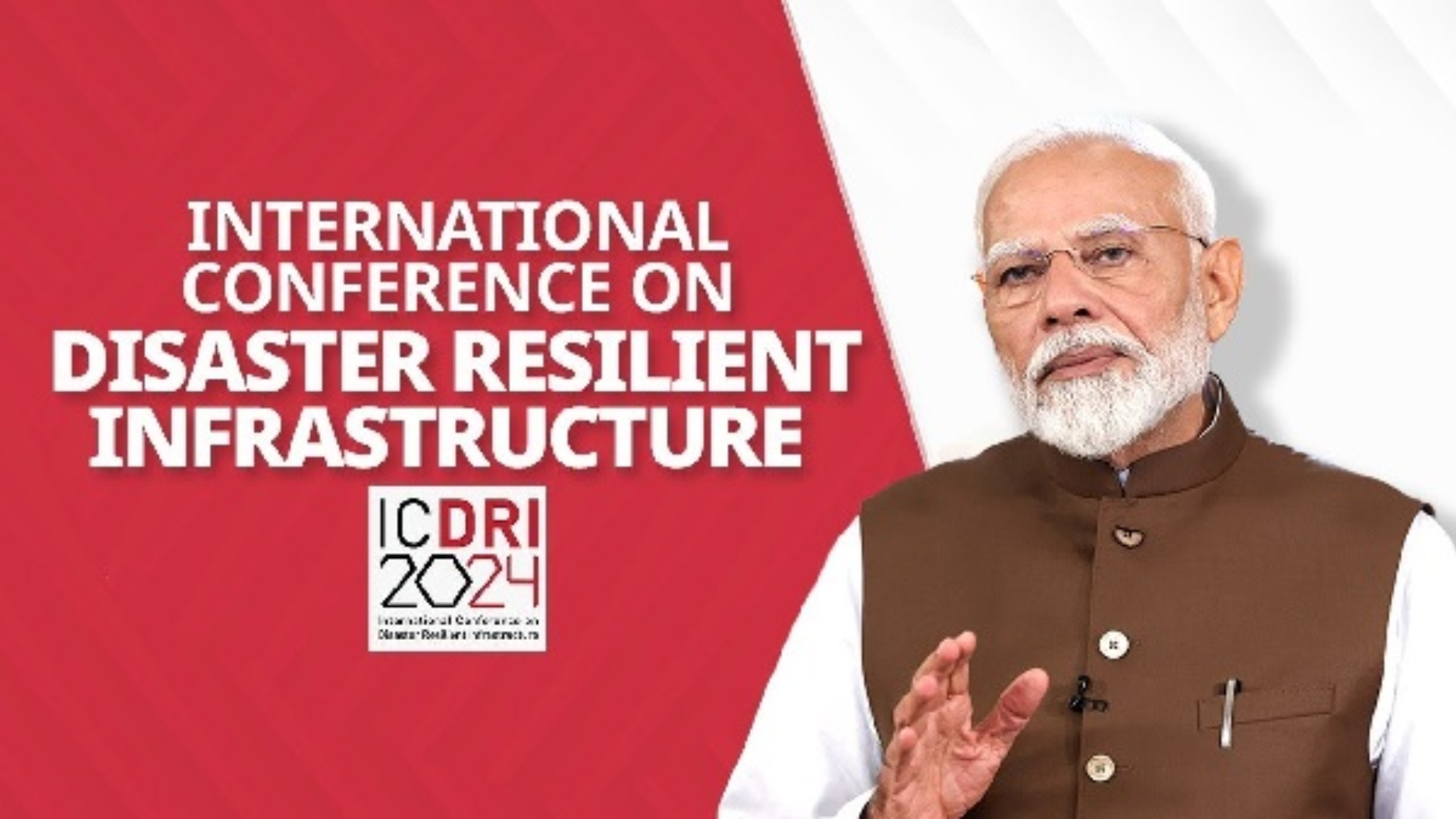In a recorded address at the 6th International Conference on Disaster Resilient Infrastructure, Prime Minister Narendra Modi pressed on the urgent need for countries to invest in resilient infrastructure to mitigate the increasing frequency and severity of natural disasters.
Prime Minister Modi highlighted that the impact of natural disasters extends beyond monetary losses, deeply affecting people, families, and communities. He stressed that resilience should be integrated into both new infrastructure projects and post-disaster rebuilding efforts.
Sharing my remarks at the International Conference on Disaster Resilient Infrastructure.https://t.co/wqYNarb3x4
— Narendra Modi (@narendramodi) April 24, 2024
Advertisement · Scroll to continue
“Natural disasters are becoming more frequent and severe, causing immense human suffering. Earthquakes render thousands homeless, disrupt water and sewage systems, and jeopardize energy plants, posing significant risks to public health and safety,” stated Modi.
Modi emphasized that disasters have no boundaries and can disrupt interconnected global systems. He underlined the importance of individual countries building resilience in order to collectively enhance global resilience.
“The world must enhance shared resilience to mitigate shared risks. Initiatives like CDRI (Coalition for Disaster Resilient Infrastructure) bring countries together for this collective mission,” Modi remarked.
Highlighting the vulnerability of Small Island Developing States (SIDS), Modi stressed the importance of supporting the most vulnerable countries to achieve shared resilience goals.
“CDRI’s initiatives, including projects in Dominica, Papua New Guinea, the Dominican Republic, and Fiji, focus on building resilient housing, transport networks, and early warning systems,” Modi elaborated.
Modi praised CDRI’s focus on the global south and highlighted India’s efforts during its G20 presidency to establish a new disaster risk reduction working group with a focus on financing resilience initiatives.
The prime minister commended CDRI’s growth since its launch in 2019, evolving into a global coalition comprising 39 countries and seven organizations.
Modi concluded by emphasizing that collective efforts and investments in disaster-resilient infrastructure will pave the way for a more resilient future, protecting communities and economies from the devastating impacts of natural disasters.





















